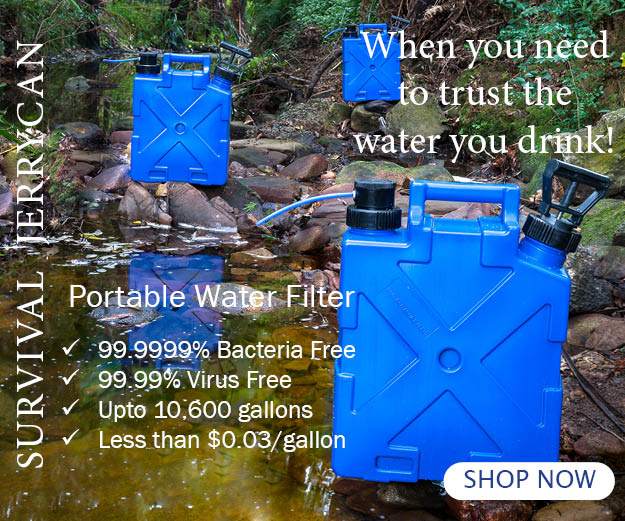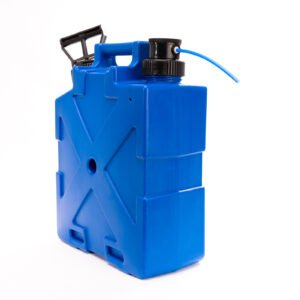Causes of Water Pollution Sewage Pollution, Industrial Waste, and Household Products
Most people know that a lack of access to safe water is a huge global problem, but many struggles to understand the causes of water pollution. In its purest form, water should simply be the chemical compound H20: hydrogen and oxygen molecules. Many different things can be potential causes of water pollution, and each has varying effects.
Water pollution can either be point source pollution, meaning that it comes directly from a specific location, or non-point source, meaning pollution that comes non-directly from vast, nonspecific areas.
One of the significant causes of water pollution is sewage. In most Western countries, sewage is sent through long pipes to sewage treatment facilities. In developing countries, sewage often goes untreated and is sent out to the sea, polluting the marine environment and making it potentially dangerous to swim or fish.
However, it is essential to understand that all countries have sewage pollution. Sewage pollution can occur when the sewer lines become cracked or blocked, when sewage pumping stations fail and when sewage overflows. Overflows are particularly common in wet weather as rainwater fills the pipes.
Why is sewage pollution a problem?
Sewage pollution carries pathogenic protozoa such as giardia and cryptosporidium, which can be seriously damaging to human health. Sewage pollution also contains harmful detergents that are a significant cause of water pollution.
Another major cause of water pollution is chemical and industrial waste. Many factories and power plants dispose of non-organic, non-biodegradable waste by channeling it directly into streams and waterways. This can have a toxic effect on marine life, and surrounding ecosystems as the chemicals take many years to break down.
Nevertheless, even organic waste can be a cause of water pollution. Waste from slaughterhouses, fisheries, pesticides, and crude oil companies use the microorganisms in the water to biodegrade. This depletes this level of oxygen in the water, tipping the natural balance causing water pollution.
Rubbish is another cause of water pollution. Usually taken into the waterways due to domestic waste, illegal dumping, wind or stormwater run-off, rubbish adds chemicals to the water, harming plant and animal life.
However, rubbish isn’t the only household product that is a cause of water pollution. Household products like soaps, detergents, dyes, and shampoos add to wastewater, contributing to the contamination of streams, lakes, and rivers.
So, what can you do about water pollution? Make sure you’re careful about the chemicals you put down the sink. Try to buy organic soaps and detergents, and opt for natural dyes and cleaning products. You can also make sure to re-use your grey water in the garden by installing a greywater system or simply using a bucket.
You can also lobby your local council for better water treatment facilities if you feel water pollution isn’t being dealt with adequately and get involved in community clean-up events.
On a personal level, make sure you have access to safe water by investing in a sound, verified, and proven water purification system.


